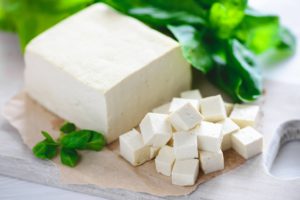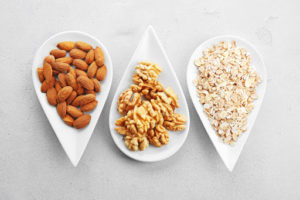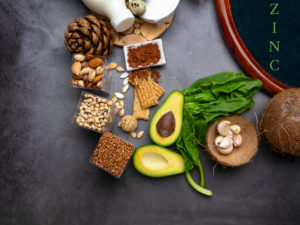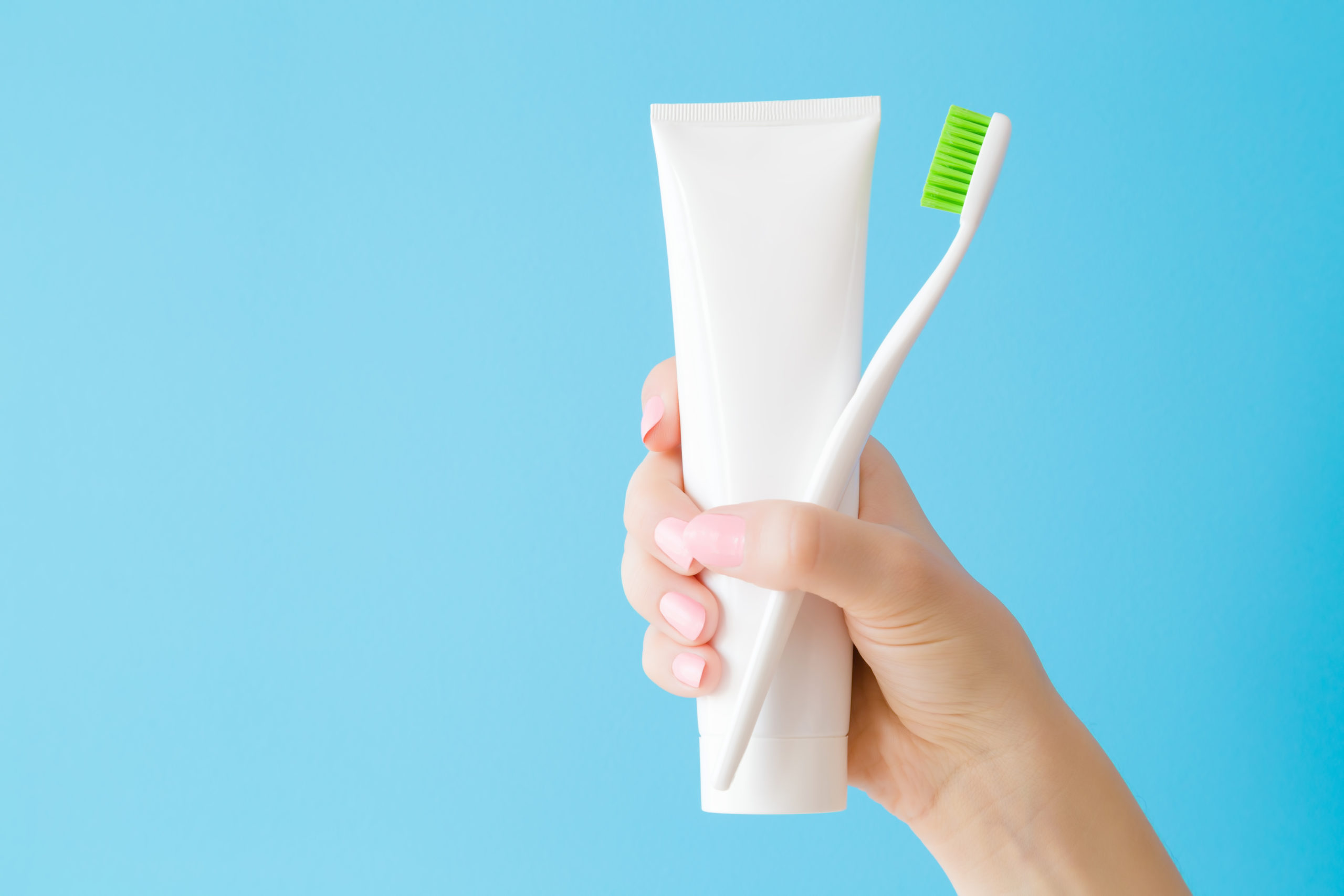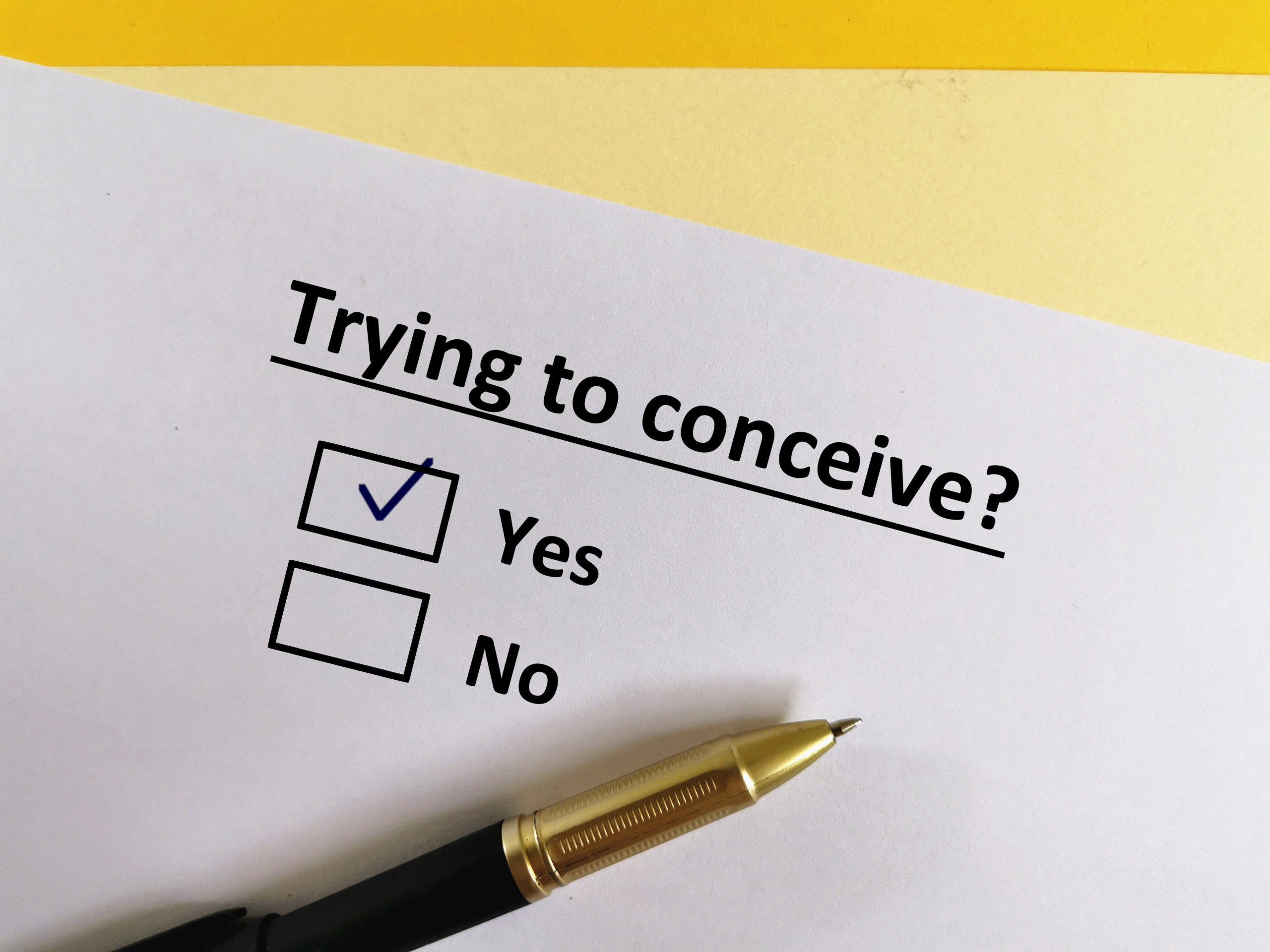By: Vaishnavi Raju | Date: March 3, 2021
10 Best Fertility Foods For Women For Getting Pregnant
"Did you know that eating certain fertility superfoods can help boost your chances of getting pregnant?".
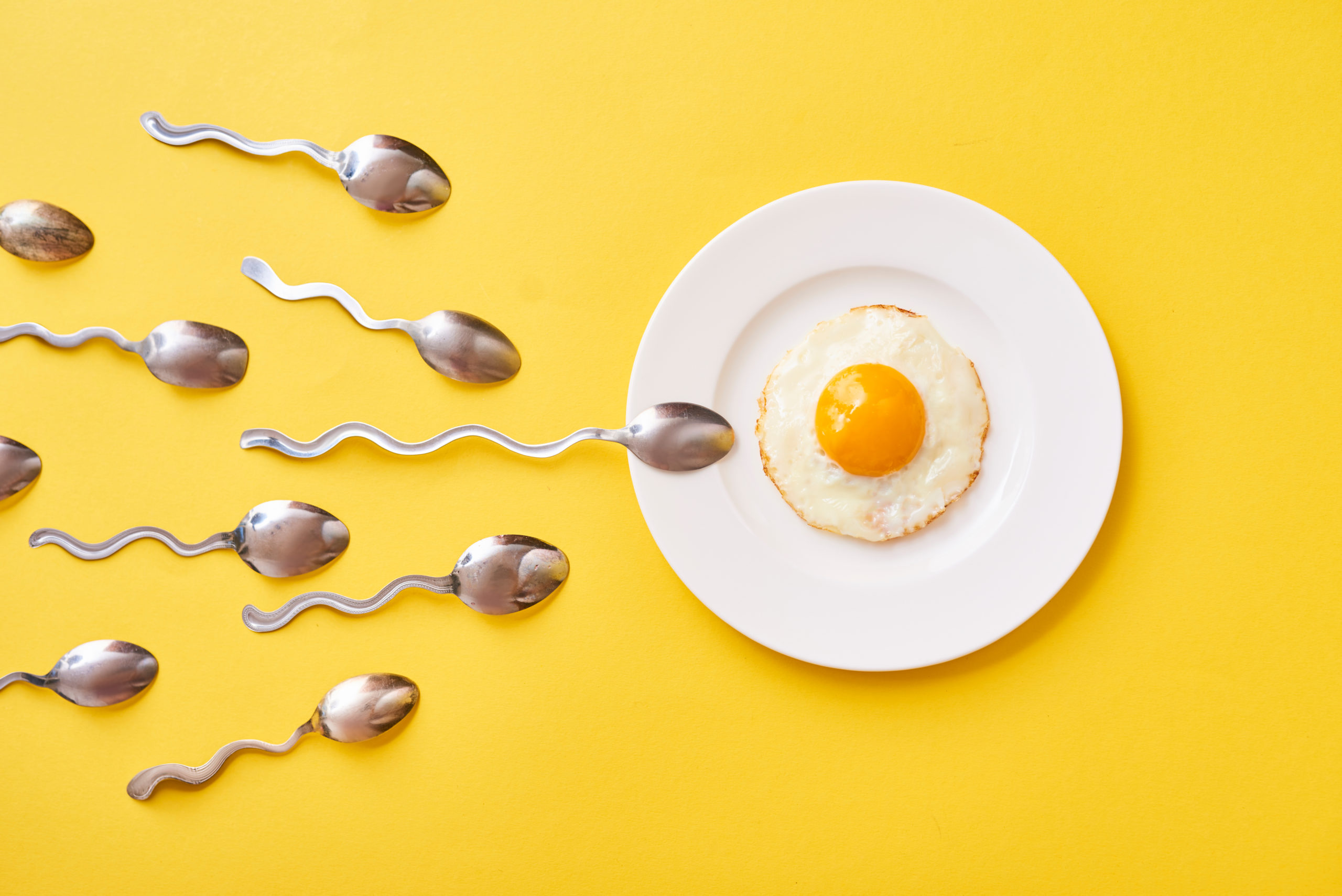
Food and diet play an important role in keep our bodies healthy. If you are trying to conceive, it is important to focus on your nutrition and develop healthy eating habits. Eating a nutritious diet can not only help prepare your body for a healthy pregnancy but researchers have found that certain fertility foods list can help boost the chances of pregnancy in women. But what are these fertility foods for getting pregnant? And in what quantity should these fertility foods for women be eaten? Let’s explore.
A healthy and wholesome diet is the cornerstone of a health body and healthy bodies are essential for achieving pregnancy. Ask any pregnant mother and she will tell you that they are plenty of guidelines about what she should and should not eat during pregnancy.
But what if you are trying to conceive? Or struggling with your infertility issues? Medical science has proven that there are fertility foods for women that could help boost fertility? You can easily add some or even all of them to your diet to boost your chances of getting pregnant.
Fertility Foods For Women
A healthy that is rich in nutrients and micronutrients is pivotal to the reproductive health of women. A poor diet- lacking in both quantity and the quality of nutrients can affect the health of women in many ways.
It can affect our mental and physical health, the quality of our blood and its circulation and how effectively our brain is able to send messages throughout the body. But most importantly our diet affects the level of our hormones and disrupts our ovulation. It can cause delayed puberty in adolescent girls and irregular periods in women of child starting to think about having a family or have been trying to conceive for some time, to take a look at their diet and look for ways to include
It is therefore important for women who are trying to conceive to find ways to include fertility foods for getting pregnant in their diet.
Fertility Foods For Getting Pregnant
Full Fat Dairy Products
Often when we are trying to be healthy, we opt for low fat for skimmed dairy options. However, it has been medically proven that whole milk products is a fertility superfood. This is because milk products are a rich source of calcium which is great for reproductive as well as bone health.
Additionally, it has been found that fat-free dairy products can potentially disrupt hormone balance, and have a negative effect of fertility.
How much to consume: One full serving of full-fat dairy a day. This can include a glass of milk or a small bowl of yoghurt.
Hera Pro Tip: Experts recommend the occasional bowl of full fat ice-cream as a healthy treat when planning to conceive.
Nuts, Seeds And Quinoa
If you are a vegetarian, you can opt for plant proteins like beans, tofu, nuts, seeds or quinoa as one of the fertility improving foods. These are a healthier source of proteins as compared to meats and are found to improve fertility.
Additionally, quinoa is a complex carbohydrate that helps to complex stabilize blood sugar and regulate your cycle.
How much to consume: You should aim to get at least 50 percent of your grain intake from whole grains like Quinoa. Nuts are high in calories, so limit your daily intake to two tablespoons.
Fresh Vegetables and Leafy Greens
Foods such as fresh fruits and vegetable like beans, tomatoes, pumpkins, beets packed with Iron and beneficial antioxidants like vitamins C and E, folate, beta carotene, and lutein. These are nutrient-dense fertility foods for getting pregnant and including these in the daily diet are easy.
Similarly, dark green leafy vegetables like spinach, kale, arugula, and broccoli are high in folate that improves ovulation. Leafy greens are a fertility improving foods that are also proven to naturally increase a woman’s libido.
How much to consume: You can include three servings of fresh vegetables and leafy greens in your daily diet
Citrus Fruits
Citrus fruits like oranges, grapefruits, kiwis, lemons are known for being the best sources of Vitamin C. They are also good sources of potassium, calcium and folate —a B vitamin that helps to regulate ovulation and creates a healthy environment for eggs.
How much to consume: You should try to for at least one serving of citrus fruit each day
Lean Meats
Lean meat such as turkey, chicken and especially beef are a rich source of iron – a vital nutrient that helps to prevent anemia and decreases the risk of ovulatory infertility. Red meat is also a good source of vitamin B12 making it one of the best fertility foods for getting pregnant.
It is also important to remember that high amounts of animal protein or fatty meats in the diet can cause inflammation which is anti-fertility.
How much to consume: You can include two servings of protein in your daily diet.
Hera Pro Tip: To ensure that your diet has the adequate amounts of iron, ensure that you prenatal supplements contain Iron. Hera’s range of Prenatal Essentials contains Iron to help prepare your body for pregnancy.
Berries
Blueberries, strawberries and raspberries are loaded with natural antioxidants and anti-inflammatory phytonutrients making one of the best fertility foods for getting pregnant. Antioxidants help to reduce damage to reproductive cells caused by free radicals caused by environmental toxins. These nutrients also help boost female fertility. In fact, strawberries have been linked to naturally boosting a woman’s libido.
How much to consume: You should aim to consume at least a small bowl of berries a day
Salmon
Salmon is a fatty fish that is a great protein alternative to meat and poultry and a fertility food for getting pregnant. This fish that is known for its delicate taste is also one of the best sources of omega-3 fatty acids that help to regulate blood flow to the reproductive organs.
How much to consume: Because salmon may have trace amounts of mercury it is advised limit consumption to 12 ounces per week
Oysters
Oysters are known to be aphrodisiacs but these fertility foods for getting pregnant are also filled with fertility-boosting nutrients including Zinc. Zinc is a vital nutrient in the normal reproductive function. Oysters are also packed with iron, selenium and vitamin bb12.
How much to consume: According to researchers study found couples eating two servings (or more) per week could
Eggs
Eggs especially eggs from pasture raised chickens are extremely rich in fertility-boosting omega-3 fatty and fat-soluble vitamins A, D, E, and vitamin K2. They are also a rich source of protein which is good for fertility in both men and women. Eggs yolks are also packed with Choline which improves follicle quality. Just, make sure you do not discard the yolk, as this is where you’ll find most of the fertility-boosting nutrients.
How much to consume: Two to three eggs a day will help you meet your dietary requirements
Avocados
Another great fertility foods for getting pregnant is avocados. Avocados are also rich in vitamin K which helps the body to absorb nutrients and maintain a hormonal balance. It is also high in vitamin E, which is known to protect cells from oxidative damage, a plus for women with PCOD or diabetes.
How much to consume: Since avocados are a pretty significant source of healthy monounsaturated fat, you can limit your intake to ½ to one avocado a day.
Hera Pro Tip: Many doctors recommend that who are planning a pregnancy should take a prenatal vitamin at least a month before trying to conceive to maximize the chances of a healthy pregnancy:
The Bottom Line,
A diet rich in healthy fats, fresh fruits and vegetables, whole grains, nuts and protein is something we should all be following as part of a healthy lifestyle. These fertility foods for getting pregnant may not assure you of getting pregnancy but they set the stage for a healthy pregnancy and healthy eating strategy for motherhood and beyond.

